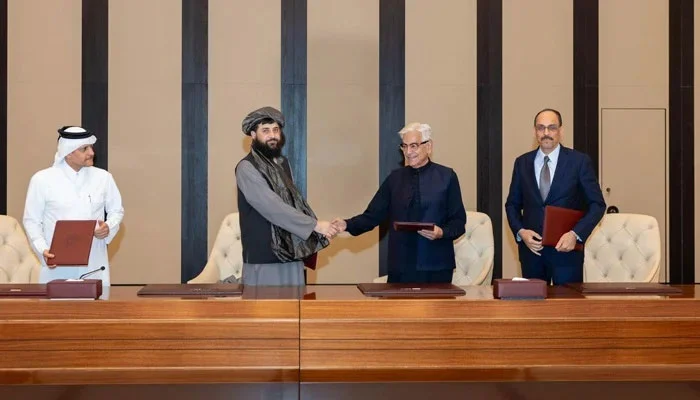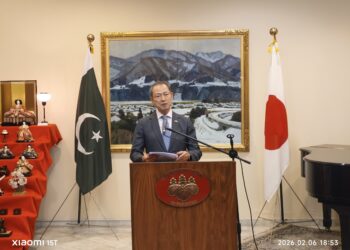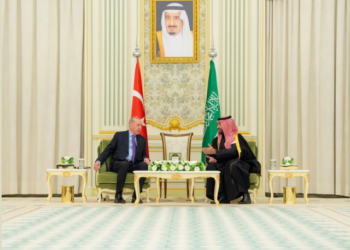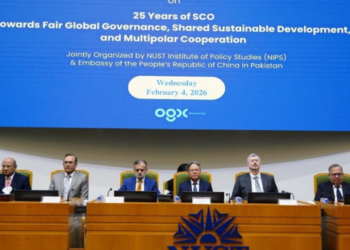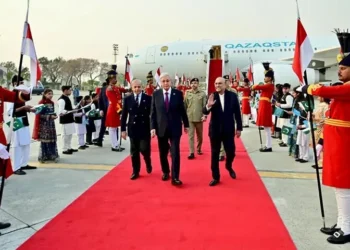ISLAMABAD/ISTANBUL: Pakistan has presented a detailed counterterrorism framework to the Afghan Taliban as the second round of peace talks between the two sides concluded in Istanbul on Saturday, sources confirmed.
The discussions are part of Islamabad’s broader diplomatic push to establish a joint mechanism aimed at curbing cross-border terrorism originating from Afghan territory.
The Istanbul talks followed earlier Pakistan-Afghanistan negotiations — mediated by Qatar and Turkiye — held in Doha on October 19, where both sides had agreed to a ceasefire, though border trade remains halted. The Afghan delegation was led by Deputy Interior Minister Rahmatullah Mujib.
Foreign Office spokesperson Tahir Hussain Andrabi said on Friday that Pakistan expected the Istanbul round to yield a verifiable monitoring system to ensure that Afghan soil is not used for terrorism against Pakistan.
“Pakistan, as a responsible state, remains committed to regional peace and stability. We do not seek escalation but expect the Afghan Taliban to honor their international commitments and take concrete action against terrorist groups such as TTP and BLA,” Andrabi stated.
He termed the first round of Doha talks a positive start toward regional peace, highlighting that recent days had seen a noticeable reduction in cross-border attacks. However, he maintained that border crossings would stay closed due to security concerns, emphasizing that “protecting Pakistani lives is more important than trade.”
Meanwhile, Defence Minister Khawaja Asif issued a strong warning, saying that if the talks failed, Pakistan would have “no option but to go for an all-out war” with the Afghan Taliban regime.
Speaking in Sialkot, Asif said he expected clarity on the outcome of negotiations within a day, adding that 80% of the points agreed in Doha had already been implemented.
He accused India of using the Afghan Taliban as a proxy to destabilize Pakistan, urging Kabul to stop supporting militants who target Pakistani forces. Despite the tension, the defence minister expressed optimism that the talks could pave the way for lasting peace and stability in the region.
The Pakistan-Afghanistan border has remained closed since October 11 after deadly clashes left dozens dead on both sides — the worst violence since the Taliban took control of Kabul in 2021. While a ceasefire reached last weekend continues to hold, trade activity remains suspended.




















































